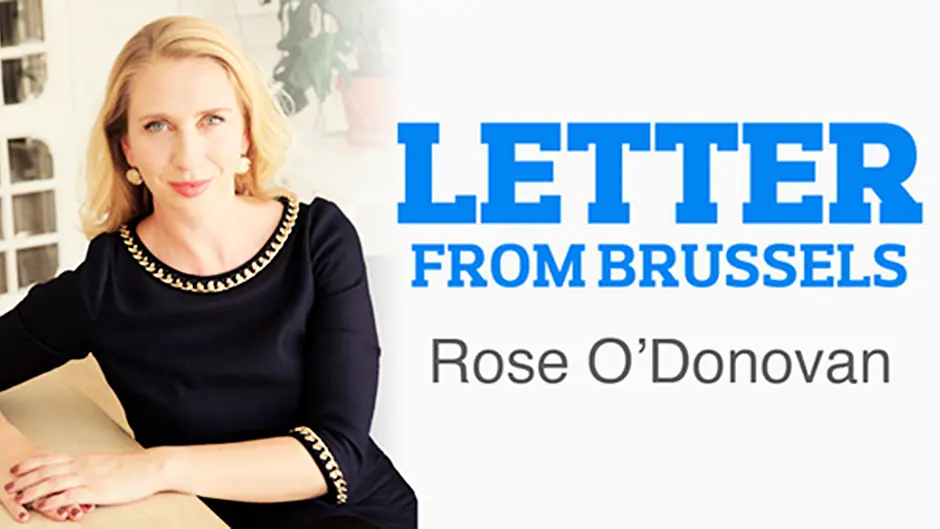The EU and Latin American trade bloc Mercosur struck a political agreement on a bilateral trade deal on June 28th last, bringing to an end exactly two decades of negotiations.
THE EU and Latin American trade bloc Mercosur struck a political agreement on a bilateral trade deal on June 28th last, bringing to an end exactly two decades of negotiations.
Following a marathon session of talks, both sides hailed the landmark accord, while farm groups such as the Irish Farmers Association slammed the final deal, saying it paves the way for cheap beef imports from countries with questionable regard for the environmental and food safety provisions.
Emerging upbeat, EU Trade Commissioner Cecilia Malmström said the conclusion of the deal marked a ‘historic moment,’ which covered a free trade area of around 770 million people (joint GDP of €19 trillion). Speaking with reporters on the Friday evening, the Swedish politician insisted the deal upholds the precautionary principle for food safety and environmental rules and contains specific commitments on labour rights, and environmental protection including the implementation of the Paris Climate Agreement.
Her colleague Phil Hogan, responsible for Agriculture and Rural Development, was more subdued, saying ‘as with any trade negotiations, these have involved a degree of compromise between the respective ambitions of the two sides and a desire to protect our more sensitive sectors.’ The Kilkenny man was keen to underline significant gains for European farmers including the abolition of tariffs on olive oil and wine, the protection of over 350 high-quality Geographical Indications (GIs) such as Champagne, Chablis, Cognac, Prosciutto di Parma, Feta, Roquefort and Pecorino Romano.
But, the Fine Gael politician, who is expected to get the nod for a second term, conceded that ‘significant concessions’ had been in order to secure ‘balanced, comprehensive and ambitious outcome.’ Hogan sought to allay fears in the farming community by announcing a €1billion package in the event of market disturbance, which would come on stream once the accord enters into force (around 2028).
The EU agreed to grant the highly-competitive food-exporting bloc 99,000 tonnes (carcass weight equivalent), with a 55/45 split between fresh-chilled and frozen product and a 7.5% duty applicable for both tranches. The volume would be staggered in equal instalments over a period of six years to prevent a situation where imports would flood the market.
The EU offered to grant a new quota for 180,000 tonnes for poultry, with a 50/50 segmentation for boneless (90,000t) and bone in (90,000t), to be phased in in equal installments.
However, IFA president Joe Healy slammed the bilateral trade pact as ‘bad for Irish farmers, bad for the environment and bad or EU standards,’ saying EU negotiators colluded in a deal that has sold out Irish and European farmers.
The Athenry dairy producer called on An Taoiseach Leo Varadkar not to ratify the deal as it ‘represents a backroom deal with big business and kowtows to the likes of Mercedes and BMW in their drive to get cars into South America.’
He said, ‘It is a disgraceful and feeble sell-out of a large part of our most valuable beef market to Latin American ranchers and factory farm units. While Commissioner Hogan has done much good work, when he looks back on his five-year term, he will have to consider this Commission sell-out as a low point.’
Hogan also came under fire from the opposition and indeed members of his own political party, with repeated calls not to appoint him for a second term as Ireland’s Commissioner. Despite the backlash, the Tullaroan native looks set to return to Brussels for another mandate and has been tipped to take over a heavyweight post, with rumours suggesting he is eyeing the trade portfolio.
As he said himself, all negotiations are about trade-offs and this was one deal where it was not in his own self-interest to block.
• Rose O’Donovan is editor-in-chief of the Brussels-based publication Agra Facts.








